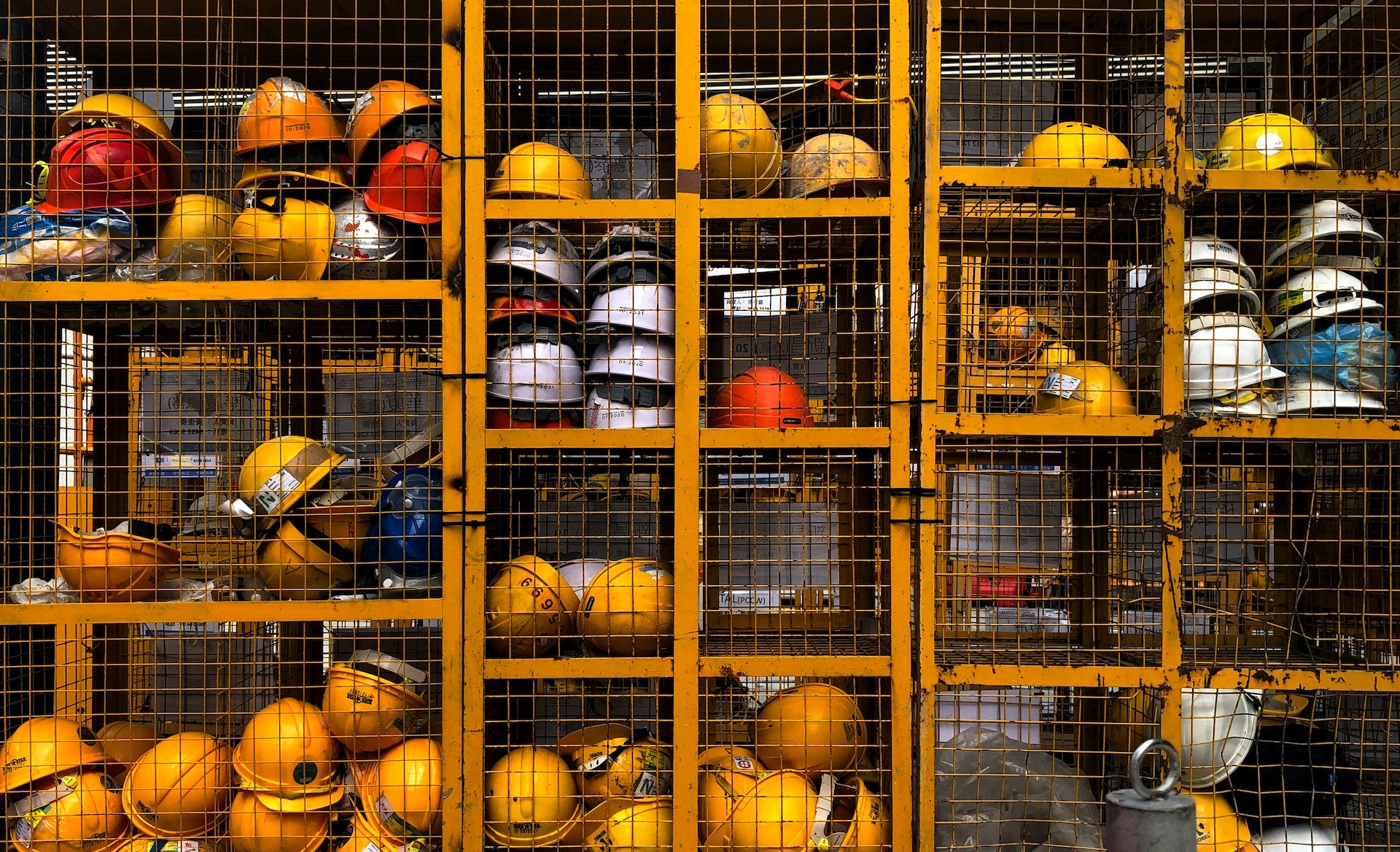Ensuring Workplace Safety: The Vital Role of the Health and Safety at Work etc. Act 1974

The Health and Safety at Work etc. Act 1974 - also referred to as HSWA, HASAW 1974, HASAWA, or HSW - is a piece of legislation in the UK that was brought in to protect the health and safety of workers and employees in the workplace.
It was introduced in response to the dangerous conditions that workers were being exposed to in mines and factories. Before it became legislation, there was no standardised law covering the many different types of workplaces.
The success of the act has been far reaching. Since its inception, workplace related fatal injuries dropped by a colossal 90%. The number of fatal injuries also significantly decreased.
What is the Act?
HASAW is a comprehensive legislation enacted in the United Kingdom with the objective of ensuring employers foster a safe working environment.
It applies to almost all workplaces and places a legal duty on employers to ensure the well-being of their employees and individuals influenced by their work activities.
One particularly important element of the act is the use of the term “so far as is reasonably practical”. This means that a company should consider the risk of injury in relation to what it would take to further reduce this risk. Put simply, an organisation must do as much as they are capable of doing to ensure workplace safety.
Responsibilities of the employer
Under the HASAWA, employers have a range of responsibilities which include:
- Risk assessment: Regular workplace risk assessments must be conducted to identify and evaluate potential hazards in the workplace, so that they can implement the appropriate measures to mitigate or eliminate these risks. However, it’s in relation to this that we must remember the term “reasonably practicable”. If a risk is low, but the cost of addressing that risk is high, then employers are not obligated to do what it would take to fully eliminate that risk.
- Safety policies and procedures: It is the duty of the employer to develop and implement comprehensive health and safety policies that align with legal requirements and industry best practices, covering areas such as accident prevention, emergency procedures, and the provision of high-quality workwear.
- Training and information: Employers must provide employees with adequate training regarding health and safety matters, including educating employees about potential hazards and safe work practices, so that they can carry out their work safely.
- Appoint a health and safety manager: There must be a person on-site who is responsible for ensuring that health and safety policies and procedures are adhered to. From frequent safety inspections to providing adequate training, this person will make sure the workplace is a safe environment.
Significance of the HASAWA
When HASAWA the HASAWA was introduced in 1974, it was described by the Director General of the HSE, John Locke, as a “bold and far-reaching piece of legislation”. Indeed, it’s significance is indisputable. Here’s why:
- Leal compliance: The term "reasonably practicable" allows employers to implement realistic safety measures, but they must do all they can to ensure the safety of those in the workplace, as non-compliance with the act can lead to severe penalties.
- Accident prevention: By conducting risk assessments and implementing the appropriate measures, employers can proactively identify and address potential hazards. As such, the risk of accidents and injuries is significantly reduced.
- Employee welfare: The act places a duty on employers to safeguard the physical and mental well-being of their employees, creating a conducive work environment where employees feel valued and protected.
- Productivity and reputation: A safe and healthy work environment enhances employee morale, and therefore overall productivity, and job satisfaction. Moreover, companies that prioritise health and safety build a positive reputation among their employees and customers, promoting business sustainability and growth.






